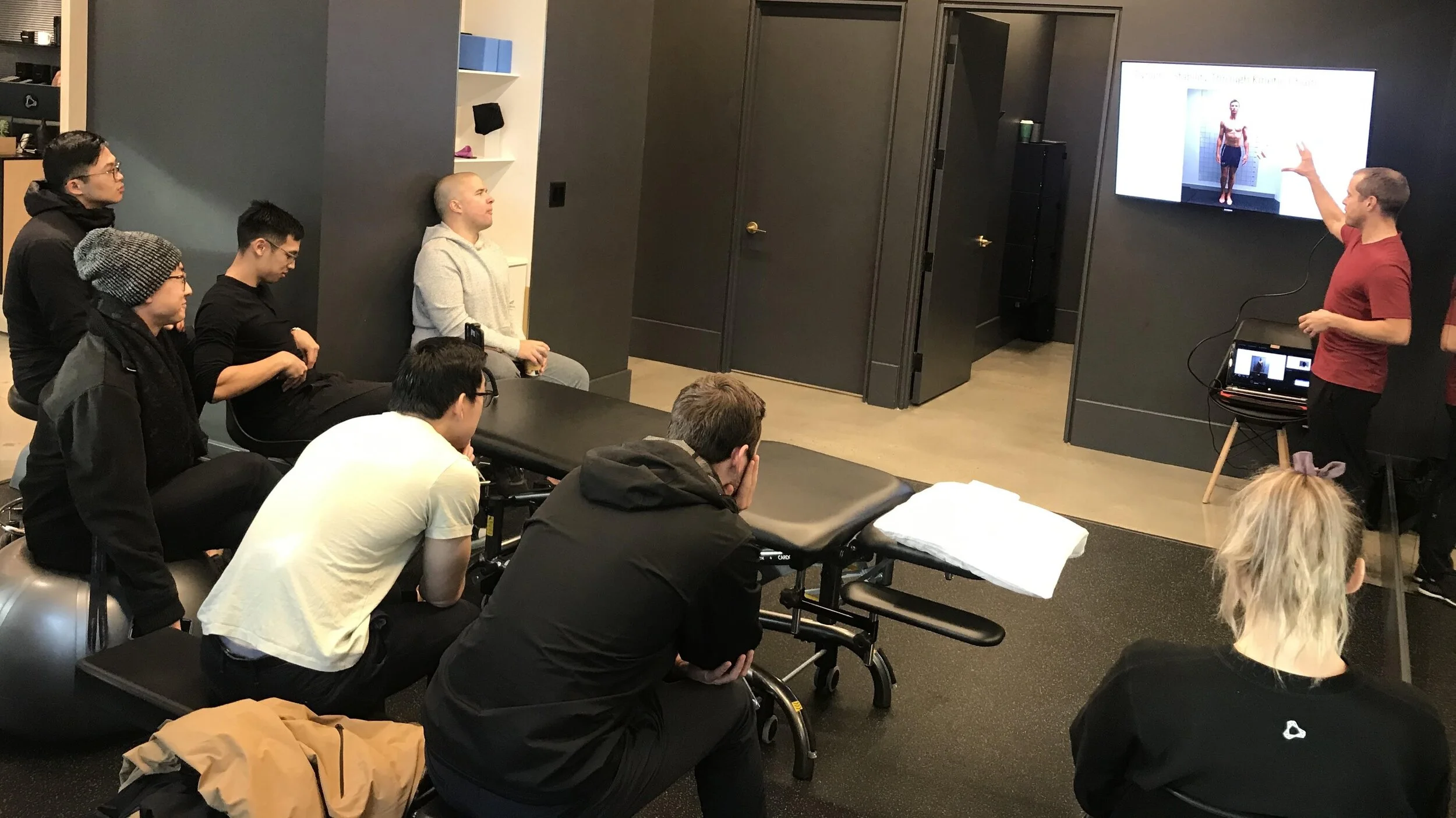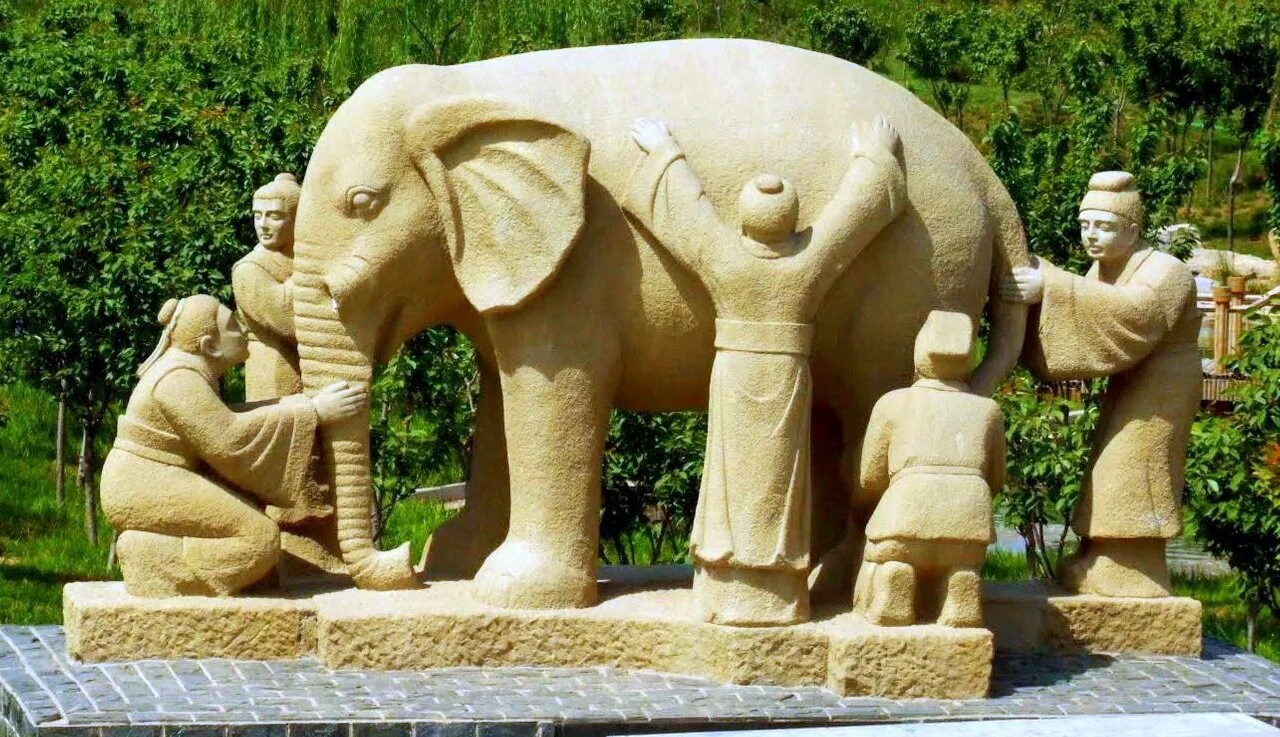As the saying goes ‘never let the truth get in the way of a good story’. But it truly is quite remarkable how readily we will override our capacity for critical thinking in the face of a story we want to hear. As we will see, if the message on offer appeals enough to a particular desire or bias, it appears we will happily overlook whatever shortcomings in methodology and inconvenient flaws in logic are apparent. In this way, we can be active participants in ‘group think’.
We might then question our roles in upholding the conventions that abound in performance sport. Upon closer inspection, there is rarely logic in convention. It is beguilingly easy to fall prey to participating in such group delusion. On some level, we could argue that we willingly enter into this to prop up a particular tenet of our belief system in relation to theory and practice.











